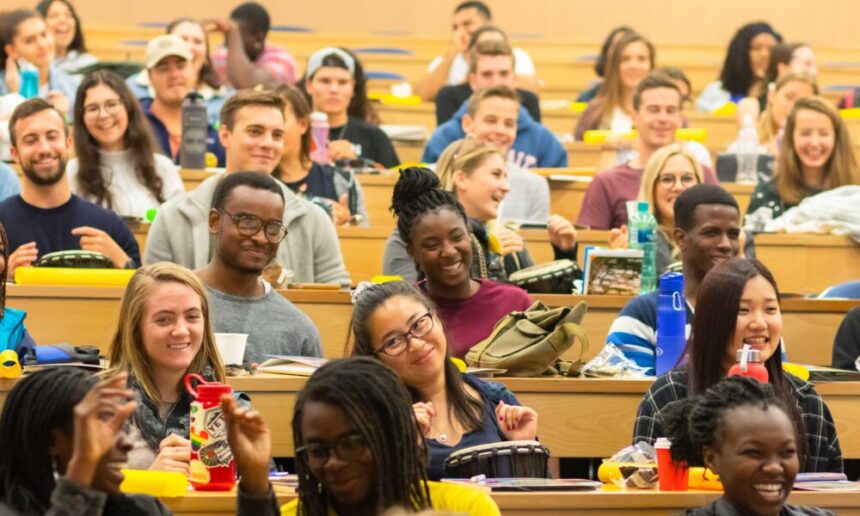For international students in the United States, an F-1 visa is the key to academic dreams. However, navigating the rules of the F-1 visa can be challenging. A single misstep can jeopardize your legal status and result in visa revocation. To ensure your stay remains uninterrupted, here are 8 critical mistakes to avoid.
1. Working Off-Campus Without Authorization
While the idea of earning extra income may be tempting, working off-campus without proper authorization is a violation of F-1 visa rules. This includes gig economy jobs like Uber, DoorDash, or freelance work. Remember, unauthorized employment can lead to immediate visa termination. Instead, explore on-campus opportunities that comply with F-1 guidelines.
2. Engaging in Day Trading, Airbnb Management, or Monetized Content Creation
Engaging in activities such as day trading, running an Airbnb, or actively making money through platforms like YouTube or Instagram violates F-1 visa rules. The visa is designed for full-time study, and earning active income outside authorized employment can put your visa at risk. Avoid these activities and focus on your academic priorities.
3. Exceeding the 20-Hour Work Limit During the Semester
F-1 visa holders are permitted to work on-campus for up to 20 hours per week during the academic semester. Exceeding this limit, even unintentionally, is a violation of your visa conditions. During semester breaks, students can work full-time, but it’s crucial to adhere to these rules strictly.
4. Filing Your STEM OPT Extension Late
If you’re on Optional Practical Training (OPT) and eligible for a STEM extension, ensure you file for the extension no later than 90 days before your OPT expiration date. Missing this critical deadline could result in a lapse in your legal status, leaving you unable to continue working or studying in the U.S.
5. Falling for Scams Offering Fake Job Opportunities
International students are often targeted by scams promising job offers or other benefits in exchange for money. Such scams can not only cost you financially but also lead to legal complications. Always verify job opportunities and consult your university’s international student office before taking any action.
6. Misusing Day 1 CPT
Curricular Practical Training (CPT) is an opportunity for F-1 students to gain practical experience related to their field of study. However, misusing Day 1 CPT—such as enrolling in a university that offers immediate CPT with no real academic engagement—is a red flag for immigration authorities. If it sounds too good to be true, it probably is. Stick to legitimate academic programs.
7. Not Documenting Volunteer Work on OPT
When on OPT, even volunteer work must align with your field of study and be properly documented. Failure to do so could raise questions during visa renewals or future applications. Always keep a record of your volunteer work and ensure it complies with F-1 visa rules.
8. Not Updating SEVIS with Changes
The Student and Exchange Visitor Information System (SEVIS) must always have your current information. Whether it’s a change in your address, employment status, or academic program, failing to update SEVIS promptly is a violation of F-1 visa requirements. Stay proactive in notifying your Designated School Official (DSO) of any changes.
Focus on Your Academic Goals
The primary purpose of an F-1 visa is to pursue academic studies as a full-time student. Engaging in unauthorized income-generating activities, such as creating monetized YouTube videos or seeking passive income schemes, violates the spirit of the visa. Instead, explore legitimate part-time opportunities on campus, such as working in the cafeteria, gym, or as a graduate assistant.
Understanding and adhering to F-1 visa regulations is critical for your success as an international student in the U.S. While the rules may seem restrictive, they are designed to ensure your focus remains on academics. By avoiding these common mistakes, you can maintain your visa status and make the most of your educational journey in the United States.





